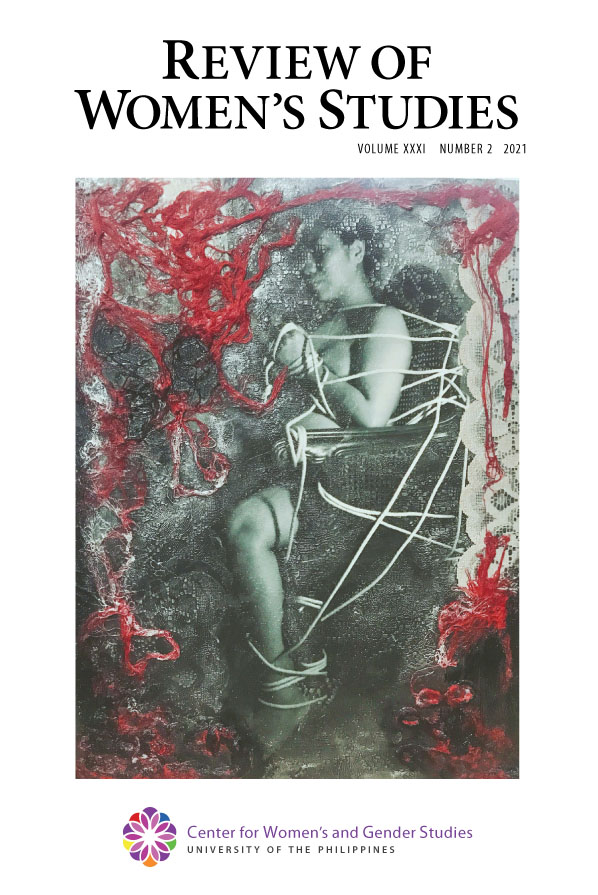Queering Sexual Education in the Philippines: Policy and Program Implications for Filipino LGBTQ+ Youth
Abstract
Because of the vulnerability of Filipino youth to several sexual and reproductive health (SRH) problems, the comprehensive sexual education (CSE), as stipulated in the Responsible Parenthood and Reproductive Act of 2012, provides Filipino students with opportunities to be informed and empowered to make proactive decisions about their sexuality (Nyika et al., 2016). Although gender equality and equity are positioned as core values in this policy, prejudice and discrimination against the LGBTQ+ community remain pervasive and institutional in the Philippines (Thoreson, 2017). Thus, there is a need to evaluate CSE-related policies. This study conducted a qualitative gender analysis of CSE-related policies and programs following the Six Domains of Gender Analysis by the USAID Interagency Gender Working Group. The analysis showed that sexual health education in the Philippines excludes topics, perspectives, and health problems relevant to Filipino LGBTQ+ youth. This is because CSE in the Philippines follows a heteronormative framing focused on family formation and procreation, is largely influenced by Catholic doctrines, and deploys an individualistic discourse on SRH that falls under the same pedagogy that excludes the LGBTQ+ community. Policy and program recommendations are made in evaluating the design and implementation of Comprehensive Sexual Education in the Philippines.
Published
2023-05-12
How to Cite
ABESAMIS, Luis Emmanuel A.; SIDDAYAO, Klarizze V..
Queering Sexual Education in the Philippines: Policy and Program Implications for Filipino LGBTQ+ Youth.
Review of Women's Studies, [S.l.], v. 31, n. 2, may 2023.
ISSN 0117-9489. Available at: <https://journals.upd.edu.ph/index.php/rws/article/view/9101>. Date accessed: 05 aug. 2025.
Section
Articles


